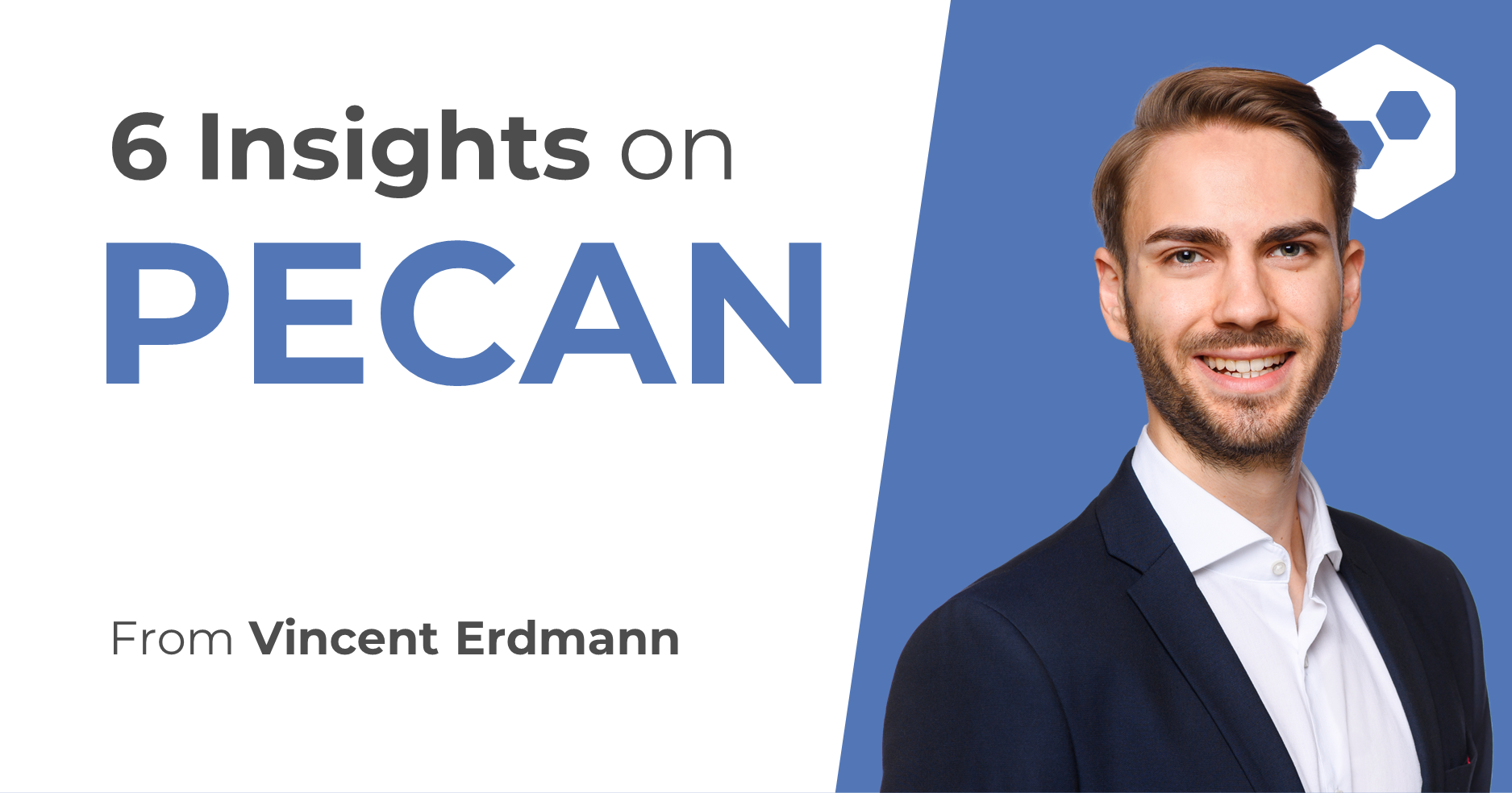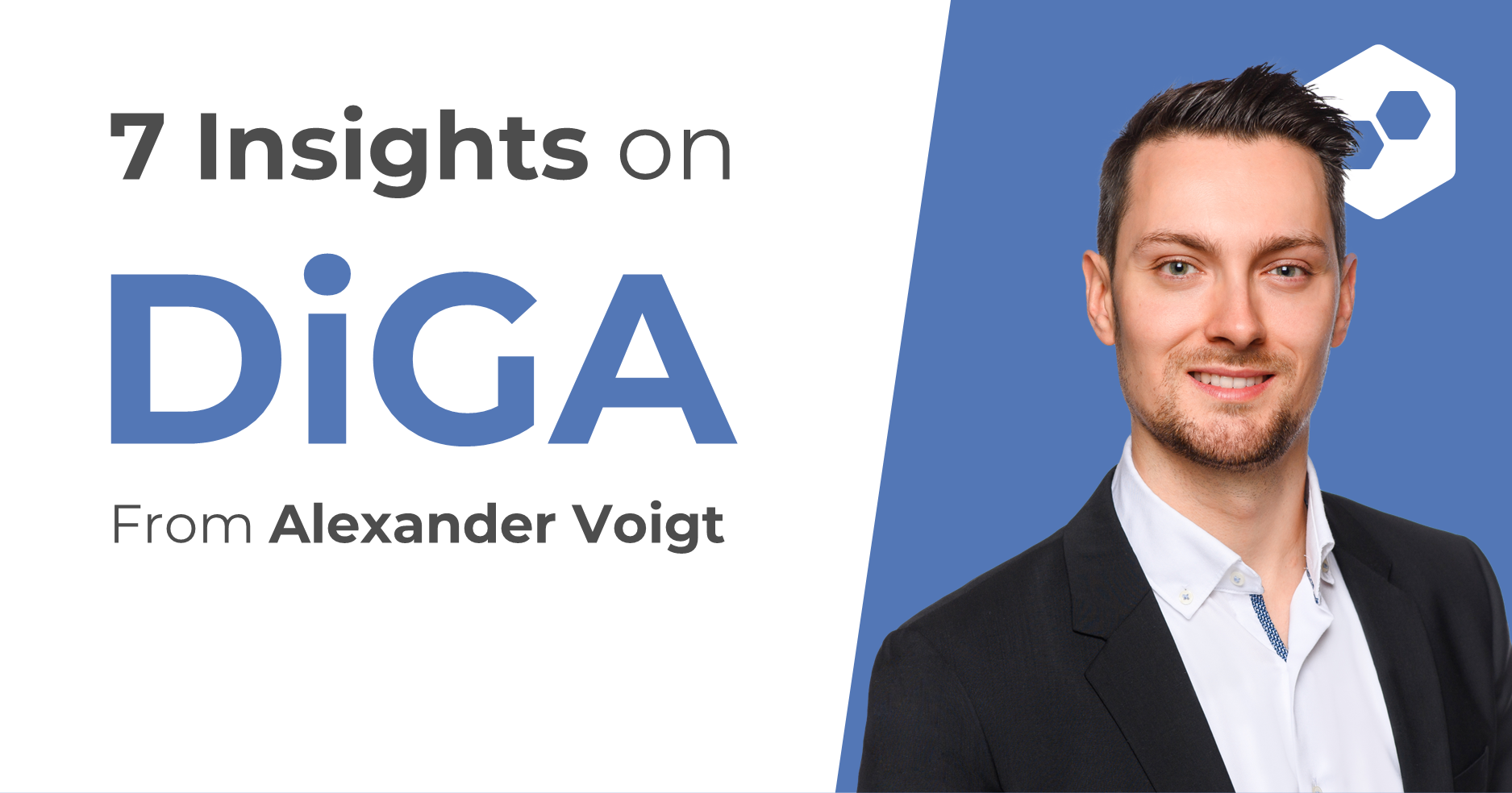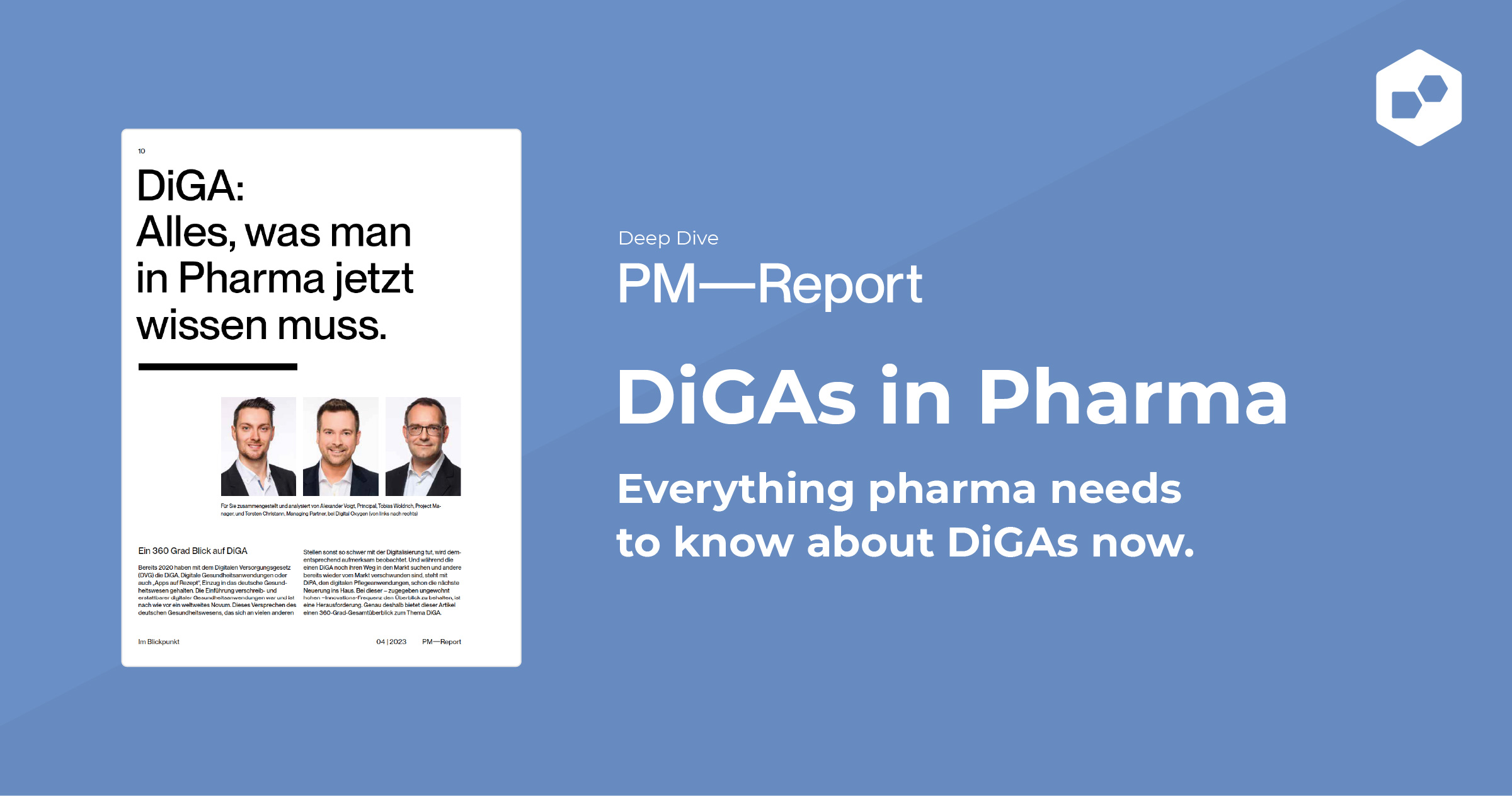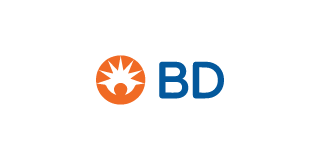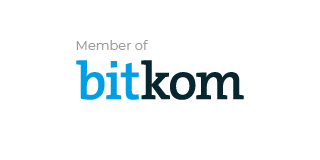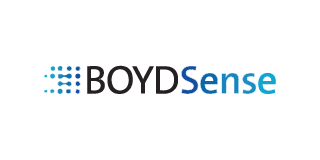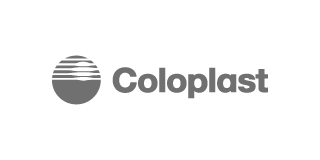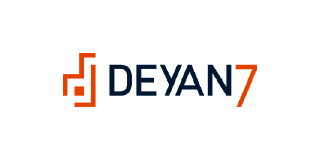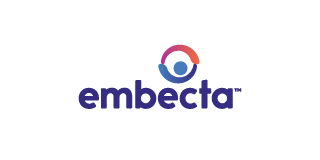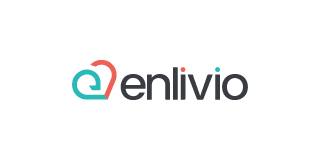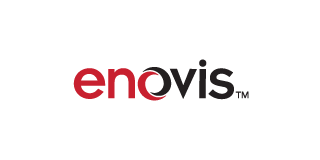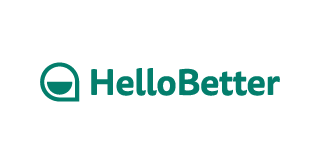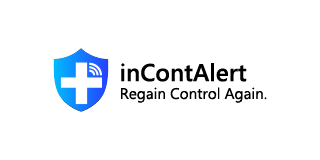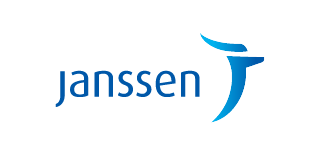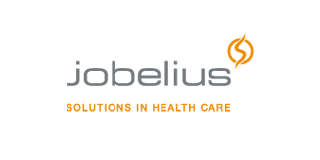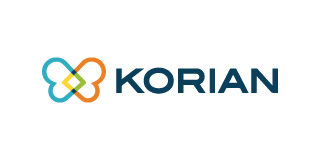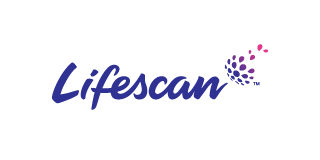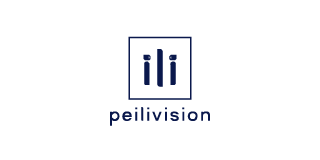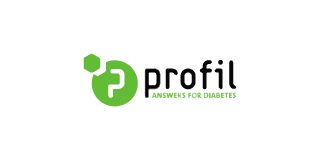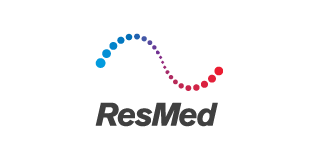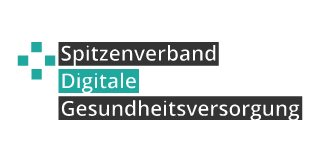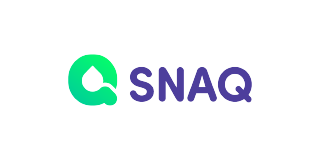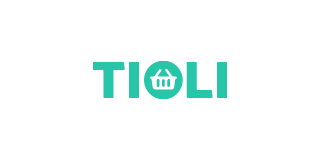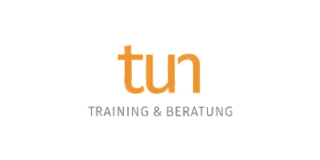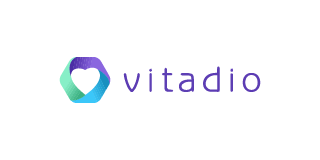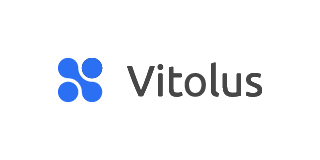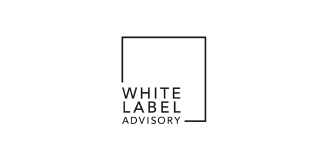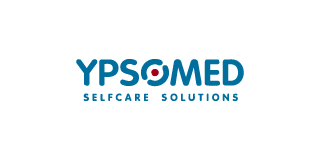Interview with Alexander Voigt
DiGA Fast Track isn’t that Fast, is it?
In the interview with Alexander Voigt and Alex Koshykov (COO at BeKey), they discussed the development of the reimbursement program for DiGAs in Germany. Alexander believes that despite the challenges and ongoing discussions, the DiGA Fast Track procedure has been a significant success. Nearly 50 DiGAs and applications have already been approved, providing patients with much-needed support and care. However, there is still room for improvement in terms of collaboration and understanding between payers, prescribers, manufacturers, policymakers, and authorities involved in the DiGA process.
Regarding the Digital Care Application (DiPA), Alexander pointed out that it is a more complex process compared to DiGA, and no applications have been approved in the care space yet. He expects the launch of DiPA products to be slower, and it may take until 2025 to see significant progress due to the complexities involved in bringing these products to market and proving their evidence and benefits.
The pace of DiGA implementation has slowed down since its initial launch, which Alexander attributes to a change in government and a shift in focus towards analyzing broader healthcare needs. However, he also noted that the recent digital transformation strategy for the German healthcare system includes aspects that benefit DiGAs and digital healthcare products, indicating a positive direction for future advancements.
The German model of DiGA has garnered attention from other countries, with some adopting comparable pathways. France, for instance, has introduced a similar program called PECAN. However, achieving harmonization across European countries remains challenging due to individual healthcare systems and differing regulations. Each country’s unique context makes it difficult to adapt products to different markets and acknowledge evidence from other countries.
The low conversion of digital prescriptions, where only a fraction of patients install and use the prescribed digital apps, is seen as a problem. Alexander highlighted the need for better integration into the broader digital healthcare ecosystem and improved understanding of the DiGA process among healthcare providers, patients, and insurers. He emphasized the importance of creating better integration with electronic patient records and addressing unmet needs to enhance the potential and success of DiGAs.
Digital Oxygen offers consultancy services to manufacturers of digital healthcare products, helping them navigate the German market and find the best market access path. Their expertise and network support clients throughout the complex process of entering the German healthcare system.
In terms of funding and business models, Alexander mentioned that out-of-pocket strategies are still prevalent, especially for startups lacking corporate backing. While becoming a DiGA can be an expensive endeavor initially, it can also provide opportunities for revenue generation or attracting investors. The choice of funding strategy depends on the product and its potential benefits.
Digital Oxygen has been recognized as the “Best Consultancy” for five consecutive years, thanks to their commitment to creating real value for clients. Their team offers a diverse mix of perspectives and backgrounds, enabling them to understand and address clients’ challenges from a holistic standpoint.
Regarding the impact of digitalization on the German healthcare market, Alexander emphasized that it is crucial for overcoming capacity constraints and improving patient care. Digitalization can help address the current challenges and prevent future ones by leveraging data, digital products, and knowledge. It is essential to embrace digital solutions that provide timely access to information and improve decision-making processes.
Looking ahead, Alexander believes that the digital healthcare strategy, which is expected to be implemented soon, will bring further advancements. However, he stressed the importance of taking action and learning from iterative improvements rather than expecting perfect solutions from the start.
In closing, Alexander shared valuable recommendations for digital health startup founders, emphasizing the need for long-term motivation, understanding the unmet needs of patients and payers, and collecting multiple perspectives during product development. He also emphasized the importance of comprehending the regulatory landscape and providing evidence-based solutions while understanding that changes in digital products are not as flexible as in other industries.
Author: Alex Koshykov (COO of BeKey)
BeKey: Custom software development company – BeKey.io
Discussion in full length
Get in touch
Your contact

Alexander Voigt
Principal
